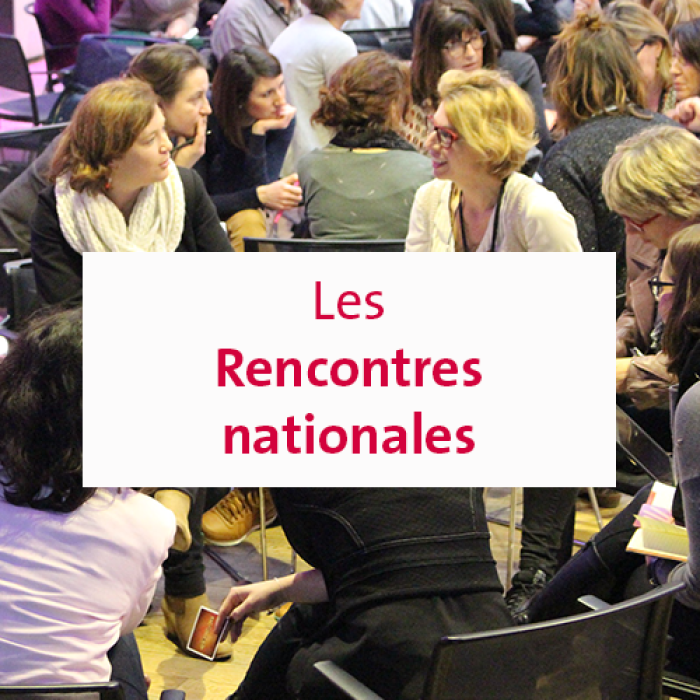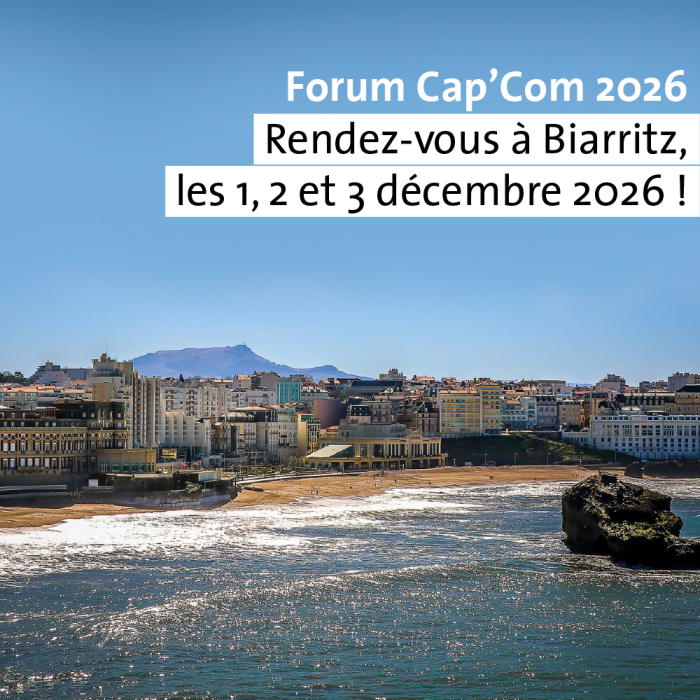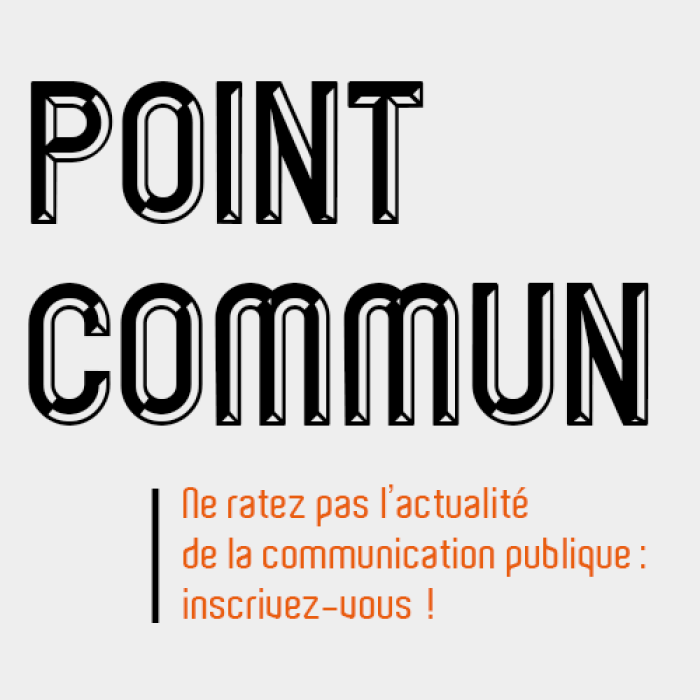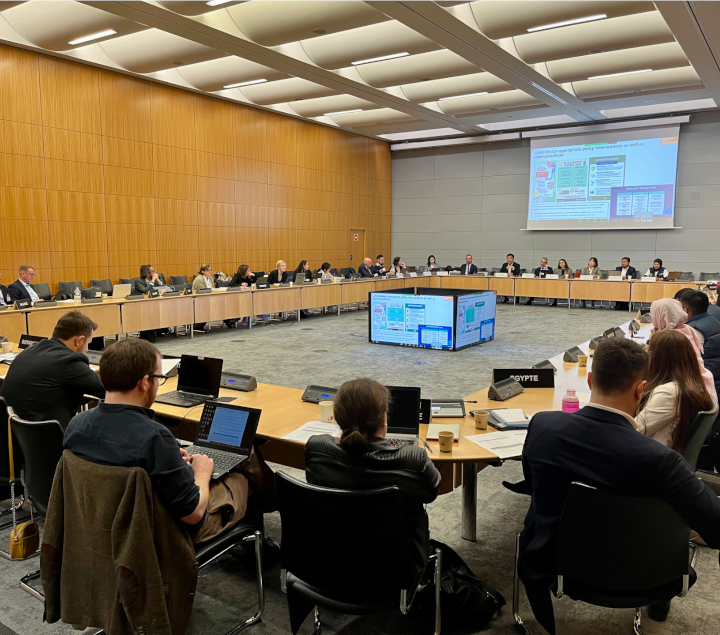
International experts take a look at public distrust
A group of public communication experts from the Organisation for Economic Co-operation and Development (OECD) recently held its first face-to-face meeting at the organisation’s headquarters in Paris. Over the course of two days, the participants, including a representative from Cap’Com, explored new approaches to citizen dialogue. They saw presentations of examples from very different backgrounds. France, represented by the Government Information Service, presented its initiatives on inclusion, a topic covered by its director, Michaël Nathan, in closing.
For years, the “transparent governance” division has focused part of its work on effective public communication. This led to the creation of this working group and the choice of title for its fifth expert meeting: “Connecting Better With Citizens”. The meeting on 26 and 27 September in Paris (and online) was an opportunity to examine initiatives from countries across the five continents through discussions, workshops and sessions for sharing good practices and for working together. It also resulted in a major report on inclusion issues, which has since been published.
The event focused on how governments can engage with citizens and build public trust through their communications. It was also an opportunity to present pilot learning activities related to the OECD’s forthcoming professionalisation of public communication initiative.
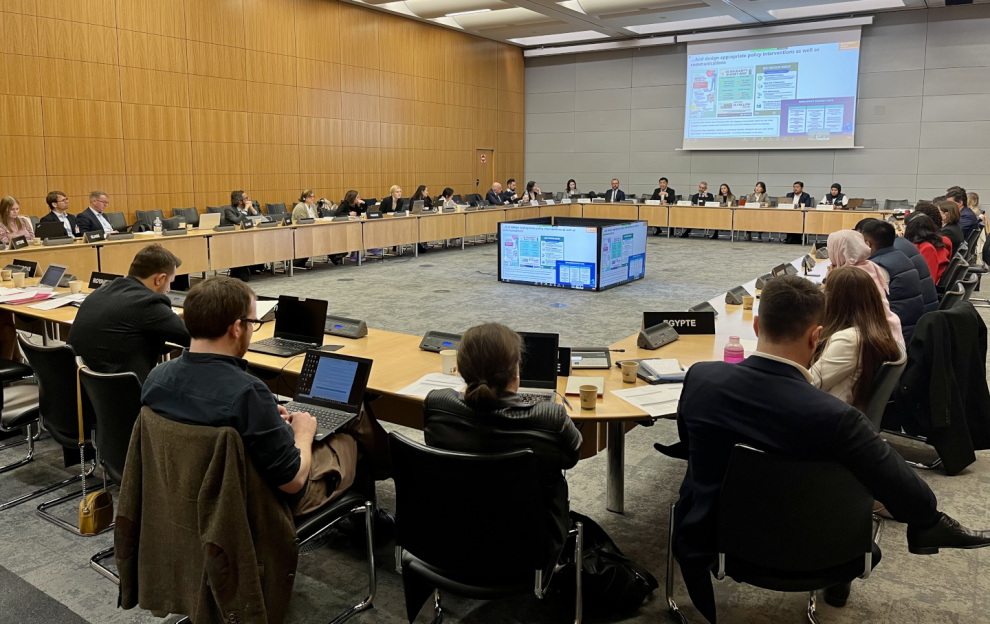
Sharing public communication practices around the world
Cap’Com publishes Commonality, an English-language newsletter, to share information about international forums on public communication, such as the one held by the OECD, and to encourage the exchange of best practices among public communicators around the world. Please feel free to share this newsletter with your international professional network and with public communicators in your partner countries.
Credibility of the public speech at the centre of discussions
A number of the many contributions on the issue of the credibility of public speech were of interest to all public bodies, regardless of their size. Here are a few remarks captured first hand.
Benjamin Toff – Reuters Institute:
“The degree of trust that people have in their government and the media depends on their experience.”
“We tend to think that trust is always a positive thing. And in many cases, this is true. But having too much trust can also be a problem. Distrust of public institutions is sometimes well founded.”
“We are seeing a higher degree of fleeting and deconstructed consumption of information, which is driven by algorithms. The sense of familiarity that builds up over time is diminishing. As these relationships are no longer as frequent, it makes it difficult to disentangle the information. As a result, some audiences remain sceptical about all sources of information. And, to make matters worse, they may turn to less reliable sources. Forums for criticising traditional journalism are thriving; they present alternative interpretations of reality. These groups provide repeated exposure to certain messages, influencing people through accumulation.”
“Platforms reinforce community effects. Today it is easier than ever to avoid and be disconnected from current events because platforms can reinforce this through their algorithms.”
Mariana Prats – OECD – analysis of the results of the OECD survey on what drives trust and the implications for public communicators:
“Partisan alignment undermines not only public confidence, but also trust in the government, in the institution.”
“The perception that the system only works for some is a factor that needs to be taken into account. And public communication has a role to play.”
“Public communication initiatives must recognise citizens and take their expectations into account.”
“In Finland, during the pandemic, associations were used to maintain dialogue with the most marginalised, most distrustful groups.”

Sébastien Valère – Government Information Service (SIG):
“In France, there are three main principles that guide coordination of the barrier-free communication project: continuity, adaptability and equality.”
Aapo Riihimäki – Communications Specialist, Finnish Prime Minister’s Office:
“During the Covid-19 epidemic, we were not getting through to those people, especially young people, who were not consuming mainstream media. So, we reached out to social media influencers and sent them regular information by email. We kept them informed and updated them with the most important information about the epidemic. Initially, 900 influencers were involved. After several months, this grew to 1,800.”
“Of these influencers, 97% felt the campaign was necessary and ultimately successful.”
Angela Kamper – Executive Director, Customer Service Department, New South Wales, Australia:
“During the pandemic, we expanded our use of paperless, online services. Now we are about to provide our citizens with digital birth certificates.”
Ivan Yeo – Director, Ministry of Communications and Information, Singapore:
“In the specific context of the Covid-19 pandemic, we were concerned about whether things were true or false. In other contexts, there are grey areas and subtleties: ‘What is politics and what is fact?’ During the pandemic, it was more clear-cut, and we made efforts to disseminate public health information. We gave people the opportunity to have their say, so they could say what they thought.”
Seung-Ho Choi – Deputy Director, Risk Communication, Disease Control and Prevention Agency, South Korea:
“We countered an ‘infodemic’ by regularly disseminating factual information and collaborating with the private sector. We also contacted influencers and celebrities. The challenge to protect citizens from infection was also a communication challenge, because if they were not informed, how could they protect themselves?”
A member of the OECD on the grand jury of the Cap’Com 2022 Public Communication Awards
This year, the public communication [campaigns nominated for the Cap’Com 2022 Grand Prix will be judged with an international eye. Karine Badr, a policy analyst at the OECD, is studying the entries as part of the grand jury that will select this year’s winners at the end of October.

